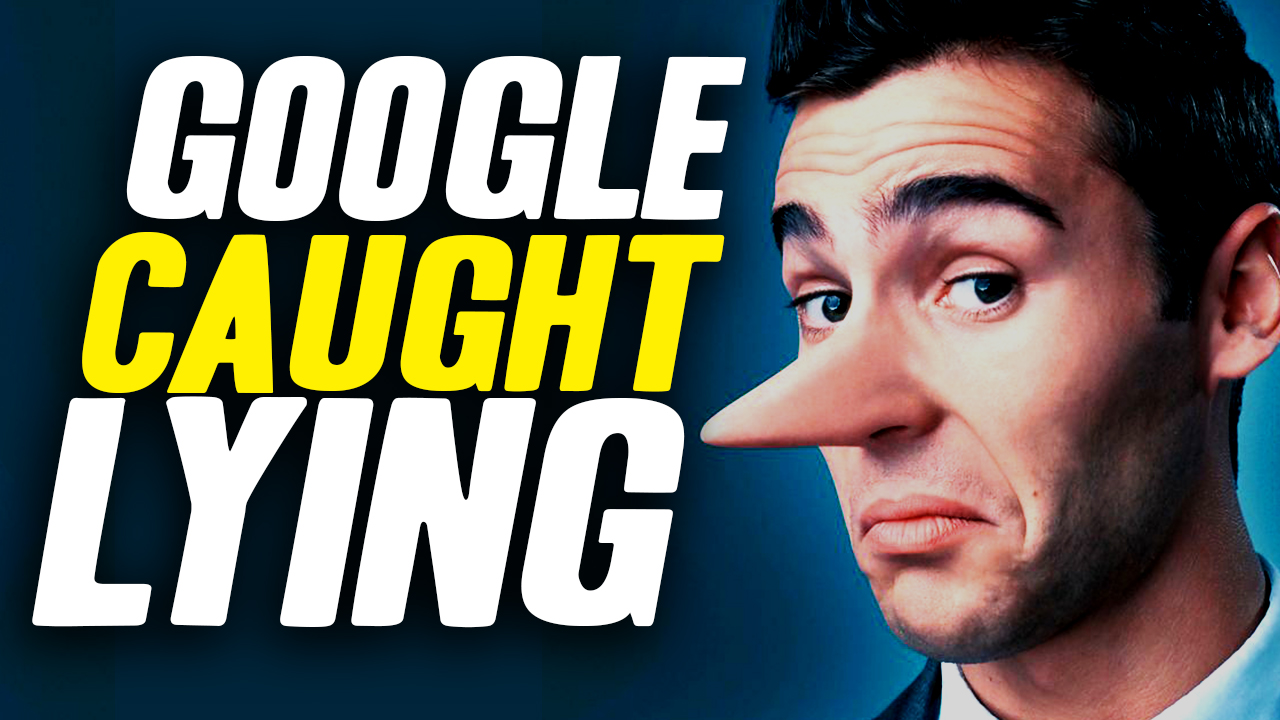Google RIGGED search results and now faces a $7 billion fine from EU authorities
06/08/2017 / By Tim Wesley

Google could be facing a hefty fine if the European Commission finds the search engine giant guilty of breaching antitrust rules. Following a seven-year investigation that was triggered by several complaints form Google’s U.S. and European rivals, the company could be slapped with a whopping $7 billion fine.
The antitrust investigation against Google began in 2010. This stemmed from accusations that the interest search giant abused its dominant position to skew search engine results to favor its own shopping services. After a five-year investigation, The EU watchdog competition filed a complaint against the company. Google has previously rejected the charges, saying that the regulators ignored competition from other online retailers like eBay Inc. and Amazon.
The punishment for antitrust breach can go up to 10 percent of the company’s annual turnover, which is the amount of revenue in a particular period. In Google’s case, that fine can reach up to $7 billion. If found guilty, the search engine giant will also be asked to stop manipulating the online search results in their favor and to cease other alleged anti-competitive practices to even out the playing field for everyone. It’s still not certain, however, what exact measures the company would need to implement to ensure rival companies get equal treatment in online shopping results.
Search engine results are important in determining which businesses get customers. Customers go online to look for products and/or services using specific keywords, which when typed on to the search engine, pulls up a list of businesses. The first page of the search engine is crucial because customers are most likely to order from companies that appear here. Additionally, appearing at the top of the list increases the chances of getting customers.
According to a report from Reuters, Google previously made attempts to settle the case with former European Competition Commissioner Joaquin Almunia to avoid having to pay a possible fine. All attempts were unsuccessful. The current commissioner, Margrethe Vestager, has expressed an unwillingness to settle with the company.
This isn’t the first time Google has been involved in very expensive complaints. In 2016, the commission said that the company broke antitrust rules by abusing its position by imposing restrictions on Android device manufacturers and mobile network operators. Vestager said that the company denied customers a wider choice of mobile apps and services and that it stands in the way of innovation from the other players in the market.
Earlier this year, Google agreed to pay 306 million Euros in back taxes to Italy and Ireland to finally put an end to a series of disputes for the tax years 2002-2006 and 2014-2015.
Google also lost an antitrust appeal in Russia over pre-loading Android apps in 2016. According to a report by ZDNet.com, the Federal Antimonopoly Service found Google using its dominance to force its own apps and services on users, which significantly diminished competition. It also paid the U.K. government 130 million British Pounds in back taxes that span 10 years. Another country that seeks to get paid for back taxes worth $1.76 billion is France. The country’s finance minister, Michel Sapin, expressed that they would pursue legal action and that a settlement is off the table. Meanwhile, Google is in hot waters after Germany passed its ancillary-copyright law, which grants publishers the right to content instead of the article author.
Aside from the possible multi-million dollar fine, the European Union also instructed Google and other internet giants to put a stop on hate speech. European laws does not allow incitement to violence or hatred directed against people based on descent, religion, race and color, or ethnic origin.
Sources include:
Tagged Under: European Union, Google
RECENT NEWS & ARTICLES
COPYRIGHT © 2017 CORRUPTION NEWS




















